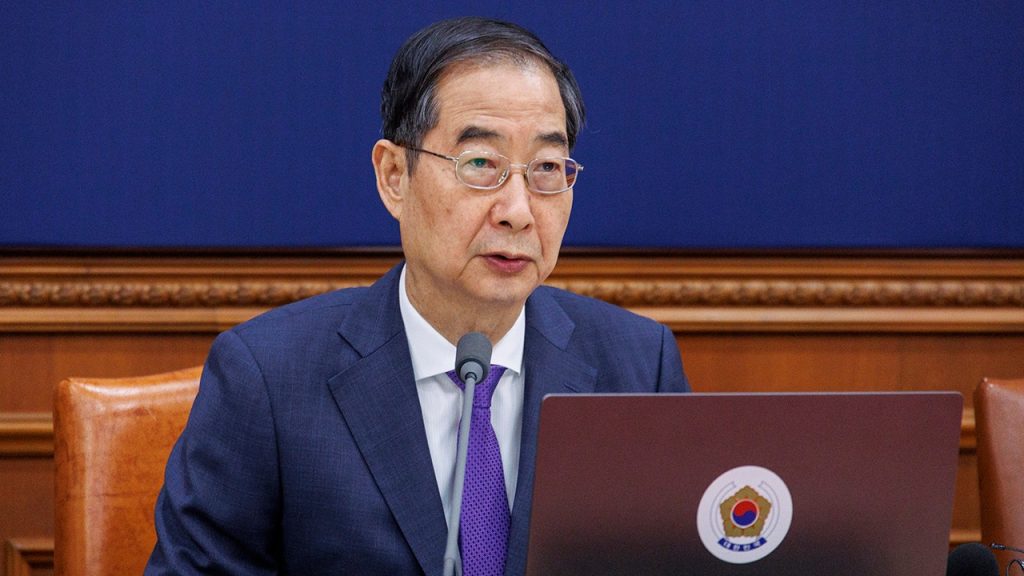South Korea’s prime minister, Han Duck-soo, along with senior presidential officials, have offered to resign en masse following the parliamentary elections that took place recently. This move comes after Yeol’s party suffered a significant defeat in the elections, with the liberal opposition forces now in control of parliament until 2027 when Yeol completes his term. The resignations are seen as a setback to Yoon’s domestic agenda and will weaken his grip on the party. Furthermore, experts predict that Yoon will face an intensifying political offensive from the opposition in the remaining three years of his term.
The main opposition Democratic Party and its satellite party secured a combined 175 seats in the 300-member National Assembly, while Yoon’s ruling People Power Party obtained 108 seats. The final official results of the election were expected to be announced later. The high voter turnout for the parliamentary election, the highest since 1992, reflects the significance of the election for South Koreans. This outcome will have a significant impact on the political landscape of the country and the direction of its policies in the coming years.
In the aftermath of the election defeat, the ruling People Power Party leader, Han Dong-hoon, announced his resignation to take responsibility for the loss. Yoon Suk Yeol, the conservative President, is expected to remain in power, with his major foreign policies likely to remain unchanged. Meanwhile, the Democratic Party leader, Lee Jae-myung, who lost to Yoon in the presidential election, praised the parliamentary election results as a victory for the people. He called for both ruling and opposition parties to work together to address economic and public livelihood issues.
In South Korea, executive power is largely held by the President, but the Prime Minister serves as the country’s second-highest official and would assume power in case the President is unable to fulfill their duties. The incoming parliament is scheduled to convene on May 30 for a four-year term, shaping the future direction of the country’s policies and decision-making processes. The resignations of the prime minister and senior presidential officials underscore the political fallout of the election results and the challenges facing the ruling party in the coming years.
Overall, the recent parliamentary elections in South Korea have shifted the balance of power in Parliament to the liberal opposition forces, posing challenges for President Yoon Suk Yeol’s domestic agenda and party leadership. The high voter turnout reflects the significance of the elections for South Koreans, who are looking for solutions to economic and public livelihood issues. The resignations of the Prime Minister and senior presidential officials are a symbolic gesture of responsibility for the election defeat, signaling a period of change and potential political realignment in the country. The incoming parliament will play a crucial role in shaping the future direction of South Korea’s policies and addressing the challenges ahead.


